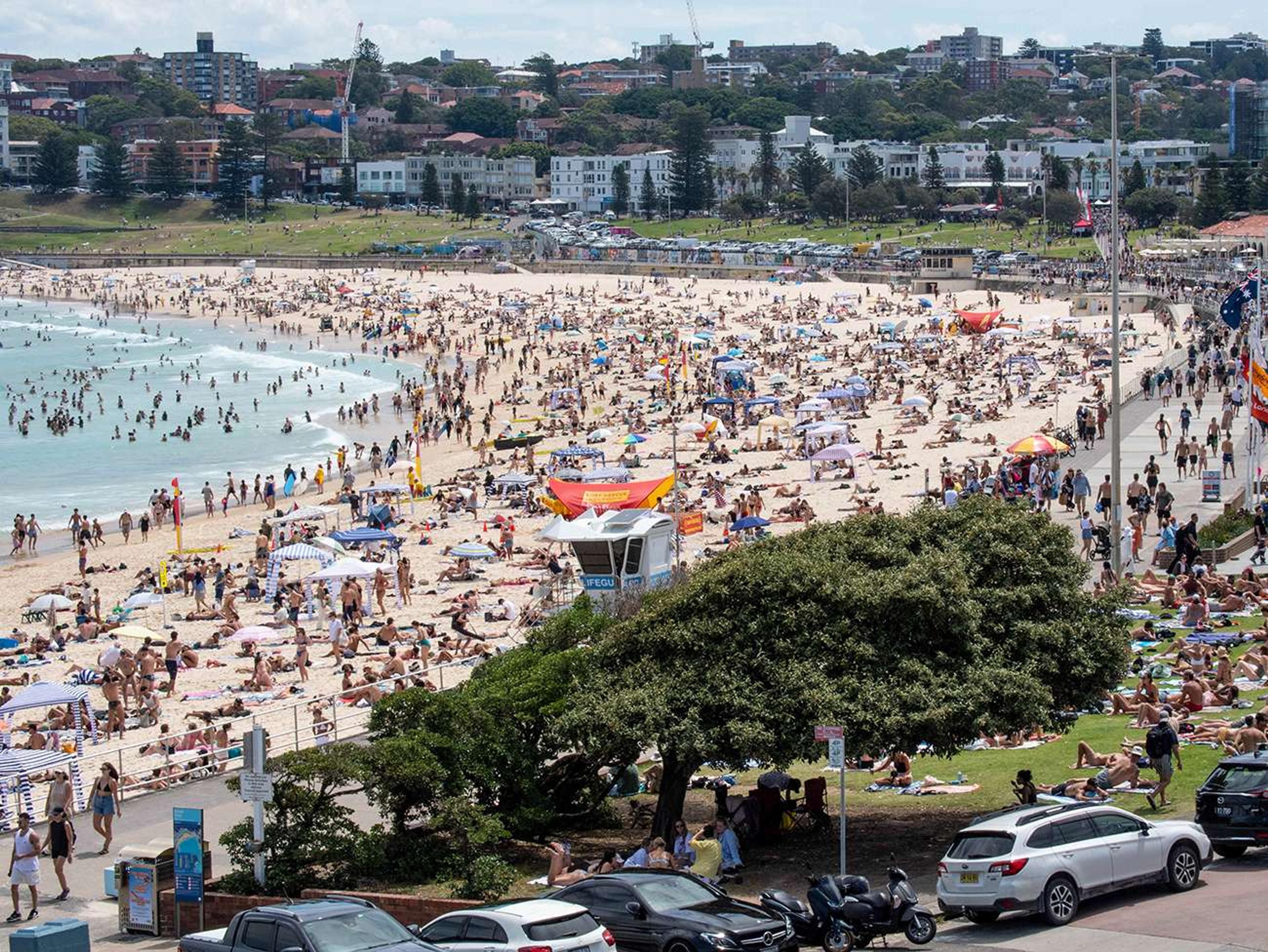

Terite: A significant loss of an indigenous broadcasting output that's been a lifeline for many in Maoridom.
Photo/Whakaata Māori
Will’s Word: Another setback for NZ media industry
William Terite says Whakaata Māori’s TV news closure and staff cuts reflect the deepening crisis in the sector.



Pacific leaders call for unity after Bondi attack

Black Caps legend joins global fight against gender violence

US warns Fiji over human trafficking concerns linked to Grace Road Group


Sāmoan stars in Aotearoa NZ: Donell Lewis and Kennyon Brown tour with DJ Noiz

Pacific leaders call for unity after Bondi attack

Black Caps legend joins global fight against gender violence

US warns Fiji over human trafficking concerns linked to Grace Road Group
We talked about it a wee bit earlier in the show, but let's dive deeper into it. The setbacks for New Zealand's media landscape are the only way to put it.
Did you catch the news that Whakaata Māori is cutting 27 roles and shutting down? Pretty sad here. It's a 20-year-old TV news programme.
Now, it's another blow to a media industry struggling to stay afloat.
Of course, it's not just Whakaata Māori. News Hub was first, community newspapers are disappearing, and even TVNZ has been forced to make staff cuts.
Now, this latest move, I reckon, just shows how deep the trouble goes for journalism in Aotearoa.
Also, I just want to point out that Whakaata Māori also decided to move its te reo channel from TV to an online-only format and focus solely on digital news, which is an attempt to adapt to the times I fully recognise and get.
Of course, linear television is declining as people turn to social media and online - there's no denying that. But you also have to recognise that it's a significant loss of an indigenous broadcasting output that's been a lifeline for many in Māoridom.
Watch Will's Word below
It's a significant change for the channel because news delivered through a Māori lens has been integral to the network.
Now, financially, Whakaata Māori is in a tight spot. It's no secret. They need to cut costs to stay viable like several other media organisations.
And so some would say that this action was inevitable but you cannot deny that it's devastating.
As I mentioned before, the channel hasn't seen any inflation adjustments since 2008 despite repeated pleas for increased government funding, which is just wild to me.
So where to no That's the question.
That's Will's Word.